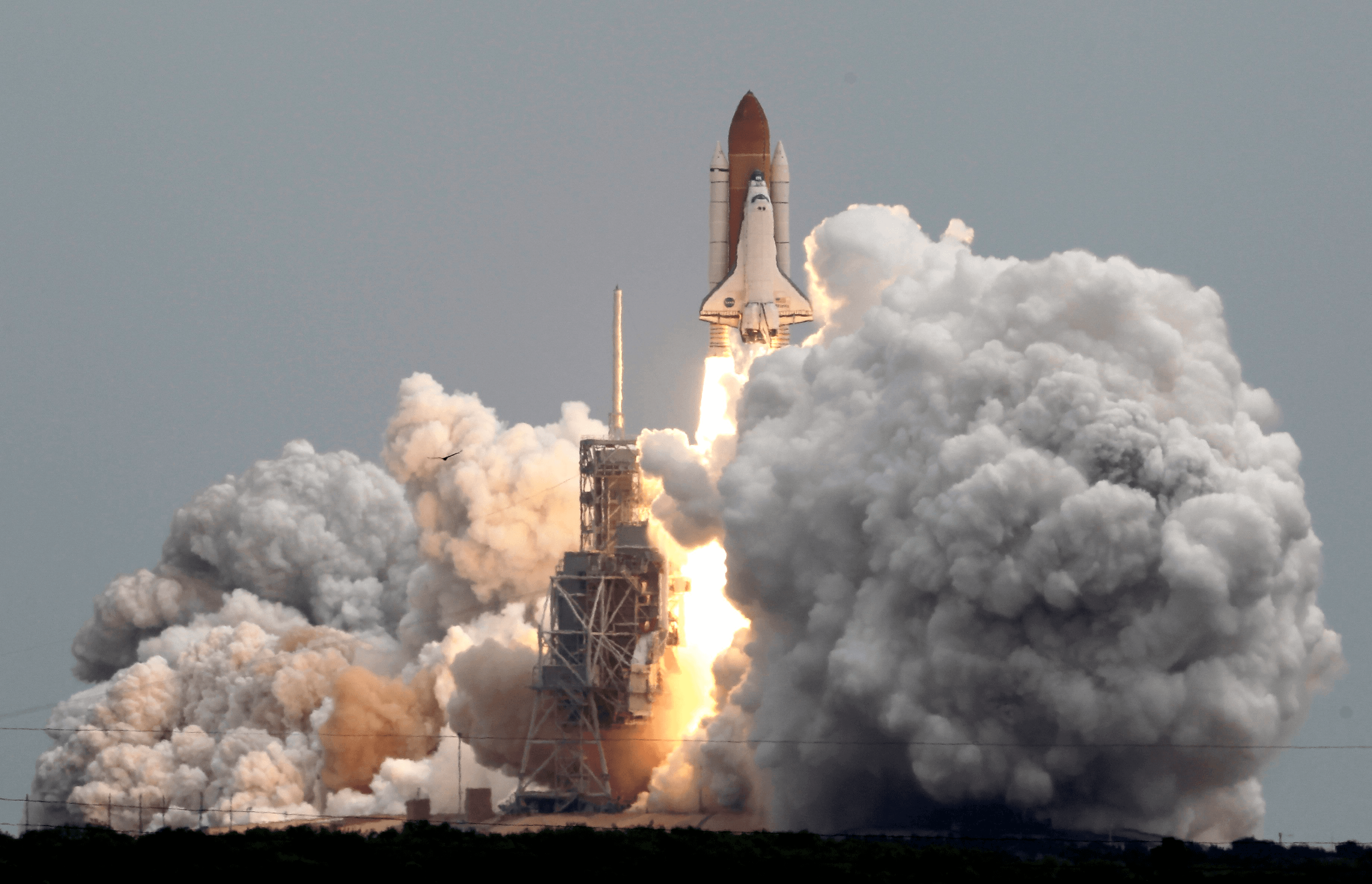
SpaceX, Elon Musk’s live-action Richie Rich cosplay production, is going to send people to the moon.
Well, not to the moon, exactly, but around it; on Monday, the company announced that it will send two paying passengers on a circumlunar trip in late 2018. No one has been to the moon since 1972, when NASA’s last manned mission there, Apollo 17, departed. SpaceX, whose planned Mars mission was just delayed another two years to 2020, is fairly transparently doing this as a PR stunt — Musk said Monday that he hoped the lunar trip would “[get] the world really excited about sending people into deep space again” — but it is reasonable to think that an actual manned lunar touchdown could be a next step. “How wonderful!,” you might be thinking: After all, a normal person might ask, what are we doing here in the Space Age — 60 years into the Space Age — without actually venturing into space?
I have a different question. It is one you might not like, but here it goes: Why in God’s name are we trying to go to the moon? Per aspera ad astra and all, but — I’m sorry — we should not go to the moon, because the moon is a bad place to go.
Here is a fact that I wish were not true, but is: Space — it’s bad. It’s cold. It is composed of a panoply of things that can kill you in horrible but mostly banal ways: suffocation, freezing, radiation poisoning, drowning, being melted into damn plasma, myriad spaceship- or spacesuit-malfunction-related catastrophes including but not limited to fire and strangulation. Space is vast, so vast that even if there were anything to see except for the distant, colorful haze of various prospective deaths, you would die an impossibly long time before getting there, even if you managed to carry on long enough to die the sort of corporeal, age-induced death you might succumb to on Earth. If you made the wretched mistake, somehow, of going out into space directly, the cells in your mucus membranes — the insides of your mouth and nose, your lungs, your more delicate lower cavities — would burst instantaneously and die, a fate that would at least be so ruthlessly effective that you would not have very much time to feel bad about it. The term we use — space — is indicative of what it is: a great void of nothing, where that nothing is, in fact, a something ready to kill you with any real degree of direct exposure.
To recap: Earth — relatively difficult to freeze/drown/immolate on, full of puppies and strawberries and toilets you do not need to attach to yourself; space — death at every turn.
But we are talking about the moon specifically, so let’s consider the primary reasons people have gone there in the past: science (good, great, a lot more to do; carry on, scientists) and screwing with the Soviet Union. SpaceX’s venture is concerned — thankfully, I suppose, in the one case — with neither of these. While there is, I am told, much science still to be done on the moon, Musk has shown little interest in technological achievement as anything but a vessel of capitalism.
I know, I know: The beauty of the stars! The mysteries of the great beyond! The final frontier! The various would-be space-goers, Musk included, have a habit of comparing a prospective voyage into space to the journey many Europeans once made across the Atlantic in search of the New World. Setting aside the fact that this particular frontier exploration kicked up wholesale acts of genocide, war, famine, etc., let’s consider that many of those people at least believed there might be a city of gold waiting for them on the other side. One with water and air.
But why does Elon Musk want to go* to space? [*Send other people.] To eventually make money for sending yet more people to space. To get a cool stamp in a passport. To — in the case of the fly-by especially — take some dope pictures and dominate dinner parties till Earth’s gravity eventually wins out. So Elon, if you’re listening: Buddy, just send these poor people on a lovely trip to Cuba.

